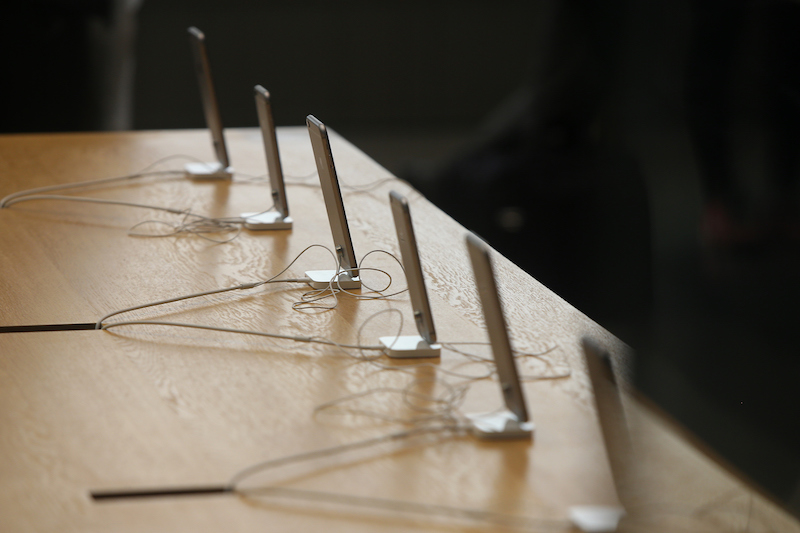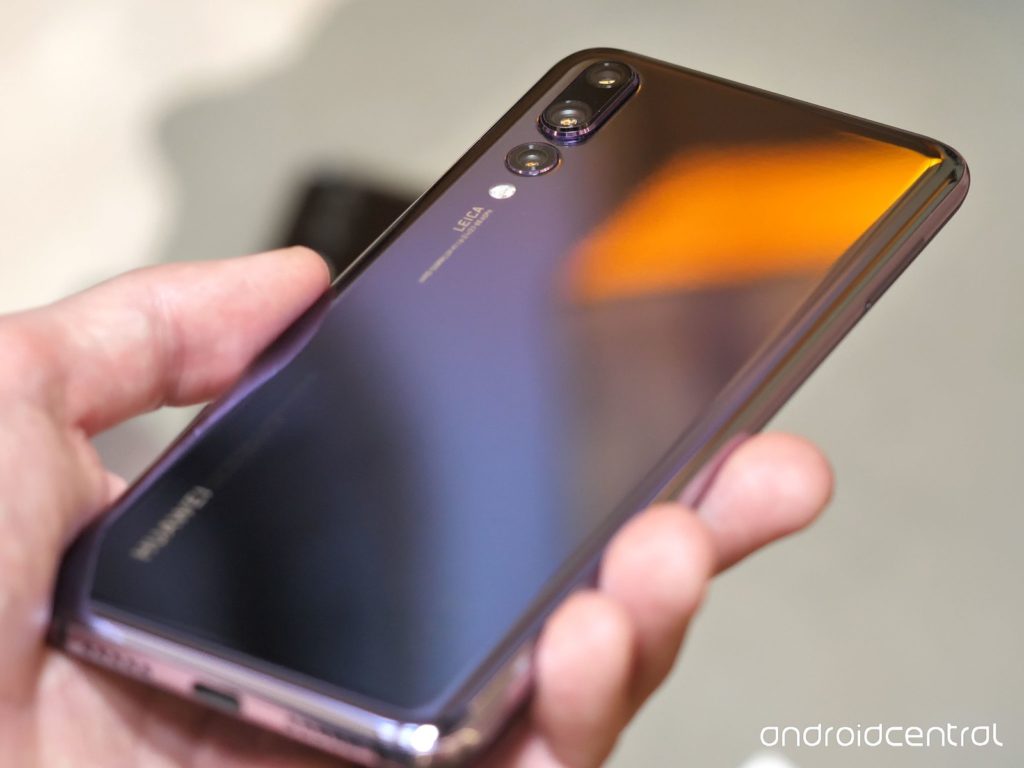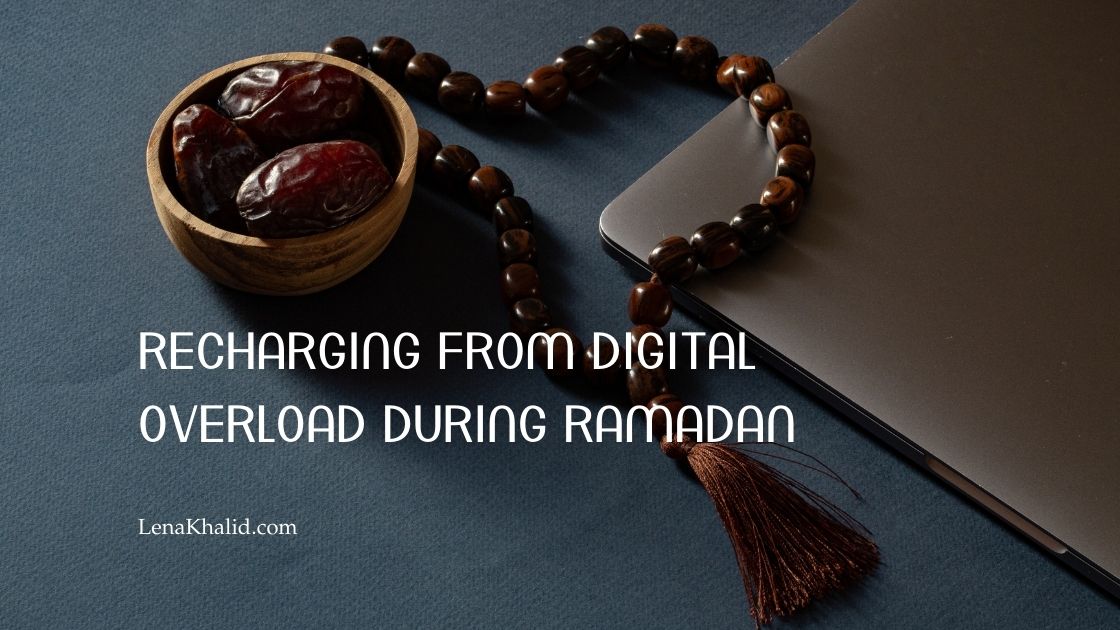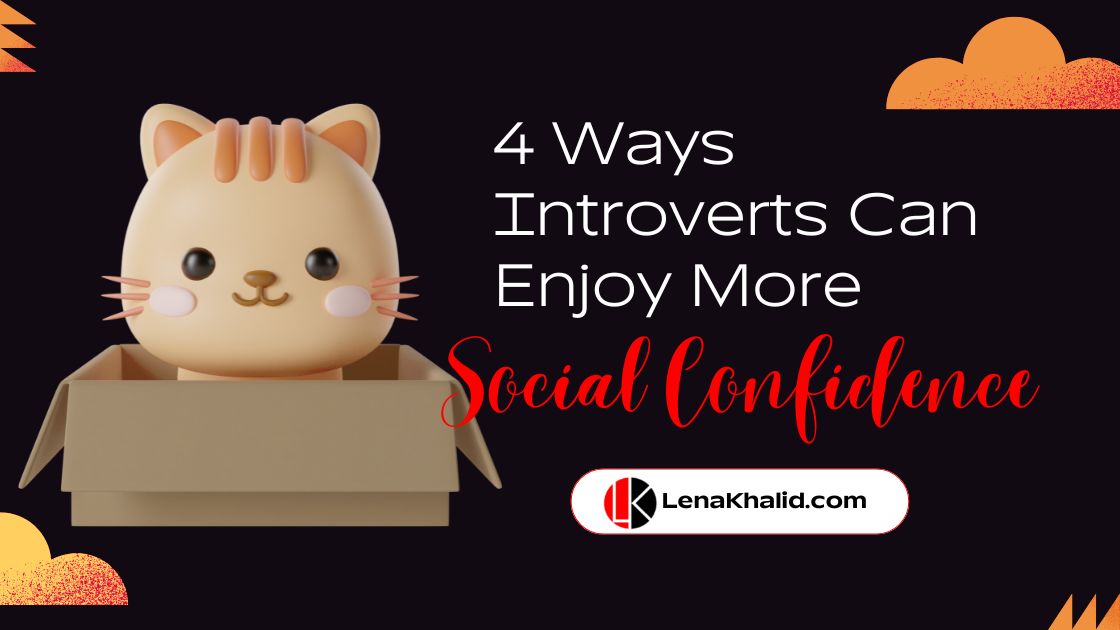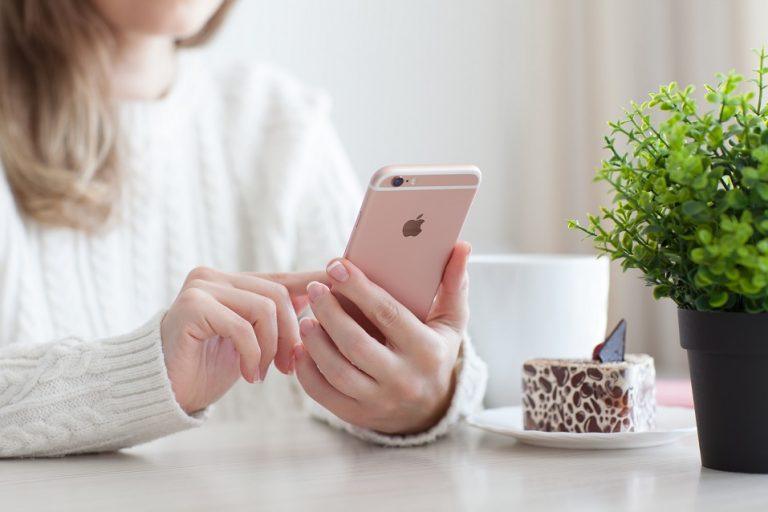
Why choose iPhone over Android?
By now, high-end Android phones are largely as good as the iPhone.
But there are still some key reasons to choose the iPhone over Android if you’re having trouble deciding. Whatever your operating system of choice, you’ve probably realized the iOS vs. Android debate is a pretty big one in some corners of the internet. Android fans assume some pretty insulting things about iPhone users, and iPhone fans make some pretty unflattering statements about Android users. Each side thinks the other has made the wrong choice.
But petty arguments aside, there are some pretty good reasons to consider each mobile operating system, which means despite what some Android devotees may think, there are some solid reasons to buy an iPhone. There are also some not-so-great reasons. And some people do choose the iPhone because they fall for some outdated myths about iOS, or because they make erroneous assumptions about how Apple’s operating system compares to Google’s.
Nevertheless, there are a lot of reasons why people choose a phone from Apple over a device from one of the many manufacturers creating Android phones. Want to know the real reasons why some people buy iPhones instead of Android phones? Read on to check out some of the more popular reasons for going with a phone from Apple instead of one from a top Android manufacturer. You just might be surprised.
Why you should pick the iPhone over Android phones:
1. They like iOS better than Android
Though certain diehard Android fans can’t imagine it, some people really like iOS. (one of them is my partner, Lucky Dwiharto!) In fact, there are even some people who have tried both mobile operating systems and still like iOS better than Android. Maybe it’s Apple’s interface and design that draws them in. Perhaps they like how straightforward it is to get an iPhone working right out of the box, or that they don’t need to take the time to customize a new phone extensively. Maybe they like features like Siri or are fans of some of the apps that come preinstalled on a new iPhone. Some people think Android is a superior operating system, and others like iOS better.
2. iPhones support all of the apps that most people want
One of the reasons why people buy smartphones (instead of dumb phones) is to gain access to the wide world of apps. For better or for worse, most of the super popular apps you read about online or hear about on the news are available in the iOS App Store. It’s not 100% true that all of the cool apps are exclusive to iOS, or that they all go to iOS first. But the App Store is an undeniable drawing card for the iPhone. So if you’re picking a platform based on its support for the apps you want to download, chances are pretty good you’ll feel comfortable going with an iPhone.
Apple has a vast network for customer support. Just walk into an Apple Store and someone will help you with your issues.
It gets messy with Android phones, though. In most cases, you have to deal with your wireless carrier, not the manufacturer, if you have a problem with your phone, which means you’re working with people who aren’t as well versed in how your device works.
3. Guaranteed software updates for years
iOS is the only platform that guarantees you’ll get software updates with new features throughout the life of your device. In fact, Apple supports old iPhones long after most people stop using them. For example, the latest iOS 10 even works on the iPhone 5, which launched four years ago.
Android phones rarely get that kind of support. Many manufacturers stop issuing Android updates after a year or so, if you’re lucky. That means you’re likely to miss the latest and greatest features that come to Android each year.
4. They’ve heard all kinds of things (true and false) about the security of iOS
One of the biggest myths about iOS is the operating system is immune to malware. Truthfully, iOS apps can still be infected with malware, and using free Wi-Fi networks is just as big of a risk on iOS as it is on Android. Thanks to false claims about iOS security and overhyped headlines about Android’s fragmentation or its update situation, cautious users sometimes choose an iPhone because they think it will be safer and more secure than an Android phone. And in a worst-case scenario, many people know they can take their iPhone to an Apple store for help — an option for which there isn’t an exact analogue when you’re buying an Android phone.
5. iPhones play well with other Apple devices
If you’re shopping for a new smartphone and you already have Apple products like a Mac or an iPad at home, it makes sense to at least consider going with an iPhone. There are a variety of third-party apps you can use across your devices from different manufacturers. But if you do use an iPhone and a Mac, for instance, you can take advantage of features that Apple has baked into the operating systems to make it easy for your activity and information to flow from one Apple device to the other.
6. They’ve already owned an iPhone
If you already have an iPhone, then chances are pretty good you’re going to buy another iPhone when you need a new smartphone in the future. Plenty of people switch from iOS to Android (and, conversely, Android to iOS). But most people get pretty comfortable with the status quo. It’s not so much that it’s difficult to switch between iOS and Android. But making the move just requires a lot of shuffling of your data and files, and usually some troubleshooting in the process of transferring data. That probably doesn’t sound very appealing to the average smartphone user who may not even be that interested in taking the time to adjust a new phone’s settings in an operating system they already know how to use.
7. iPhones are easy to recognize
Most tech enthusiasts can talk at length about the most exciting phones of the year. And when they walk into an electronics store, they can pick out their favorites from the lineup of options. But for anybody who doesn’t follow the news about flagship releases, most smartphones sort of look the same. (In fact, smartphones have gotten pretty boring for tech-obsessed people, too.) An iPhone is relatively easy to recognize. So undoubtedly, some people pick iPhones because they’re the only familiar devices among an overwhelming array of other choices.
8. iPhones aren’t packed with bloatware added by the carrier
One of the drawbacks of going with an Android phone, even if you love Google’s platform and its apps and services, is the carrier you purchase your phone through will probably add all kinds of apps and bloatware of its own. That isn’t a problem on an iPhone — you can delete any unwanted Apple apps when you set up your new phone.
On Android phones, many of the apps that were installed by the carrier can never be uninstalled. That doesn’t seem like a big problem when you have a brand-new phone. But when you are a year or two in and need more storage space, you won’t be looking at those unwanted apps kindly.
Carriers have a lot of control over what appears on Android phones, and they use that leverage to stuff the devices full of apps and services you don’t need. Even worse, those apps are often impossible to delete from your device.
The iPhone never comes with carrier crapware. The software is exactly the same no matter which carrier you buy your iPhone from.
9. They think an iPhone will last longer than an Android phone
For people who like to buy a smartphone and then keep it until it’s too slow or old to be usable, an iPhone may be a more attractive choice than an Android phone. Why? Apple has a reputation for supporting older models for years after their release. Sure, a new version of iOS may not be quite as great on a three-year-old iPhone as on a newer model. But at least that old model can get the update.
Thanks to Android manufacturers’ slow update schedules, some consumers are unsure whether a phone that’s new now will continue to be supported as long as they want to keep using it, which makes an iPhone feel like a safer choice.
10. iPhones seem easier to resell than Android phones
If, on the other hand, a shopper is thinking of keeping a new phone for a year or so and then selling it to purchase a new one, an iPhone seems like an easier device to deal with. iPhones, especially relatively recent releases in good condition, hold their value relatively well. So if your purchasing method of choice is to buy a phone unlocked and then sell it when you want to buy a new one, that’s going to seem easier to accomplish with an iPhone than with many Android phones (even though some Android flagships hold their value pretty well, too).
11. They aren’t comparing phones based on raw specifications
It’s true if you compare an iPhone to the high-end Android phones that are released the same year, the Android phones are often equipped with better specs in key areas. How those specs measure up (and how the components in question actually perform) can be important if you’re running demanding apps or are an avid mobile gamer. But for many people, the actual specifications of the phone don’t matter. Some people buy iPhones that don’t quite measure up against Android alternatives because they aren’t comparing the specs — and don’t need to.
For most people, there’s more to a phone than its specifications. And that’s never more obvious than when you’re reading reviews of expensive new smartphones.
But if you hate iPhone, here’s your best option.
Google’s new Pixel phones, which launch in a few weeks, solve many of the Android problems listed here. For example, you get consistent software updates straight from Google, and there’s no carrier crapware.
The Pixel even has a built-in customer support feature that lets you chat with a Google representative to solve your problems. You can also share your screen with them so they can see what’s going on.
b) Huawei P20
Huawei P20 got off to a glamorous start. The big sell for the phone was the AI-assisted dual camera on the rear. Photography has been the main focus (pun intended) of the product line, with the continuation of the successful Leica partnership into the latest phone.
The P20 boasts two Leica Summilux lenses on the back, as well as a neural processing unit on the Kirin chipset, which provides the AI capability to the camera app. Huawei claims the AI function of the camera helps you become a better photographer, with suggestions and automatic mode-switching based on what the phone thinks you’re trying to portray.
Personally, I have both iphone and Huawei (P9 plus) and both has been a great help to complete all kinds of tasks with just a few clicks of a button.

